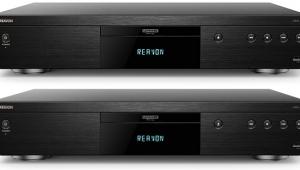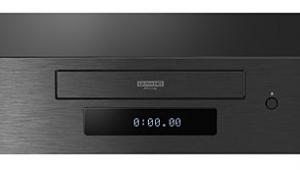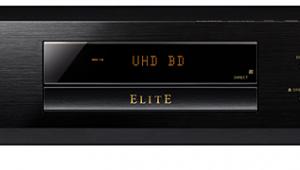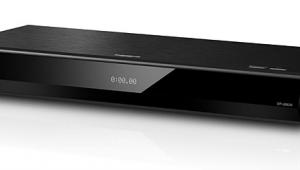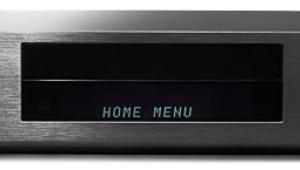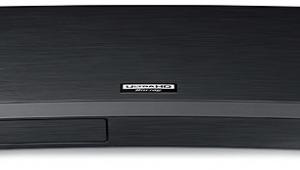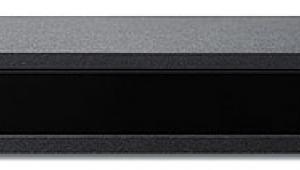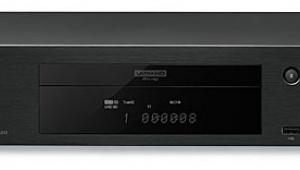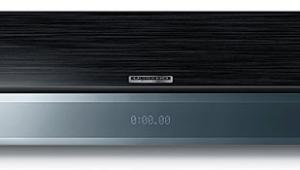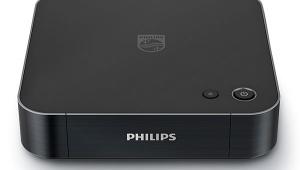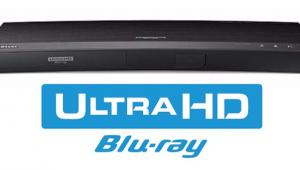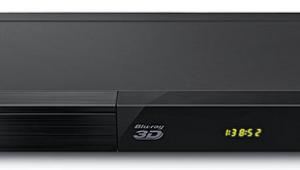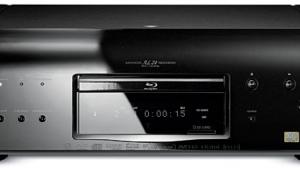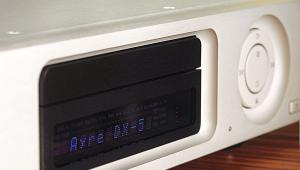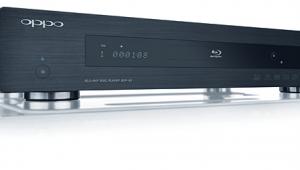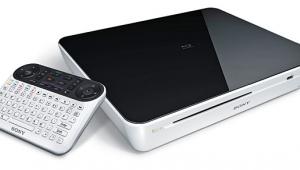Pioneer Elite BDP-05FD Blu-ray Player

Surprisingly, Pioneer has not been at the forefront of Blu-ray player development. The first player released was the Samsung BD-P1000 in June 2006, and a Pioneer player didn't venture onto the scene until six months later with the Elite BDP-HD1. It cost a cool $1500, and it wouldn't decode or bitstream Dolby TrueHD or DTS-HD Master Audio.
Two years later, Pioneer is still lagging in this arena compared with the competition. Panasonic and Sony have released Profile 2.0 (BD-Live) players, and the Samsung BD-P1500 can now be upgraded to BD-Live, yet Pioneer's current players—the BDP-51FD and Elite BDP-05FD (reviewed here)—are limited to Profile 1.1 (aka BonusView).
Features
Although the BDP-05FD lacks BD-Live capabilities, it does bring a lot to the table. It internally decodes Dolby TrueHD and sends it via HDMI as PCM or analog from the 7.1-channel output. Unfortunately, DTS-HD Master Audio cannot be decoded in its entirety—only the lossy core data can be extracted until a future firmware upgrade allows all the data to be decoded.
For newer AVRs and pre/pros with onboard decoding of Dolby TrueHD and DTS-HD MA, the Pioneer can send raw bitstreams from its HDMI 1.3a output. If you choose this option, you lose the secondary audio with PIP as well as the clicks and beeps in the menus of Blu-ray discs.
In addition to bitstreaming audio, the HDMI 1.3a connection implements HDMI CEC (Consumer Electronics Control), which lets you seamlessly control all of your HDMI CEC-compatible Pioneer A/V equipment with a single remote. The HDMI connection also provides support for Deep Color, which improves subtle gradations between colors, although neither DVD nor Blu-ray support this.
Pioneer has developed an exclusive Jitter Reduction Circuit, which digitally reshapes the waveform of the audio clock to greatly reduce jitter for all content. In addition, a PQLS (Precision Quartz Lock System) circuit works in conjunction with its latest Elite AVRs (SC-09TX, SC-07, and SC-05) for higher-quality CD playback. In theory, the quartz oscillator eliminates the jitter that can occur with the transmission of digital-audio bits.
- Log in or register to post comments
